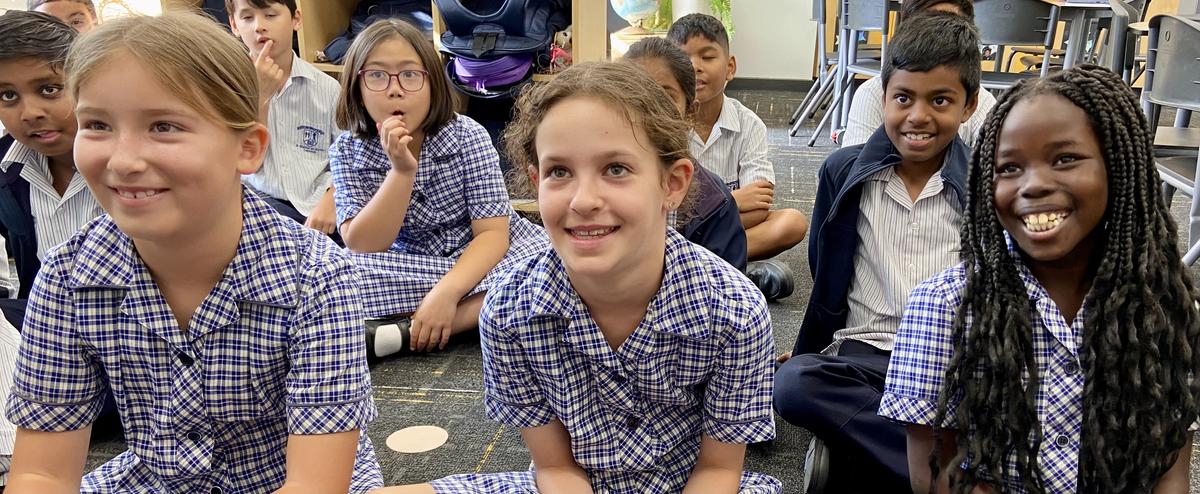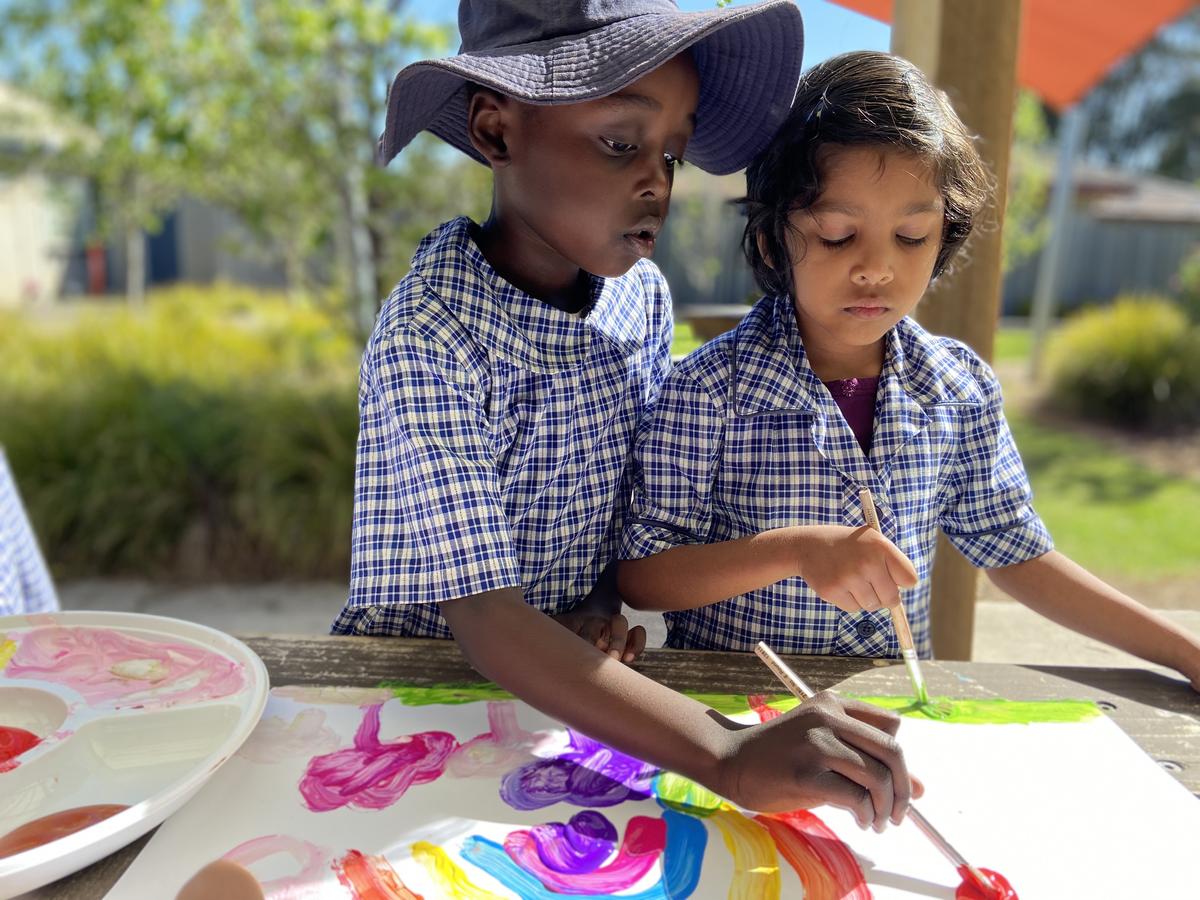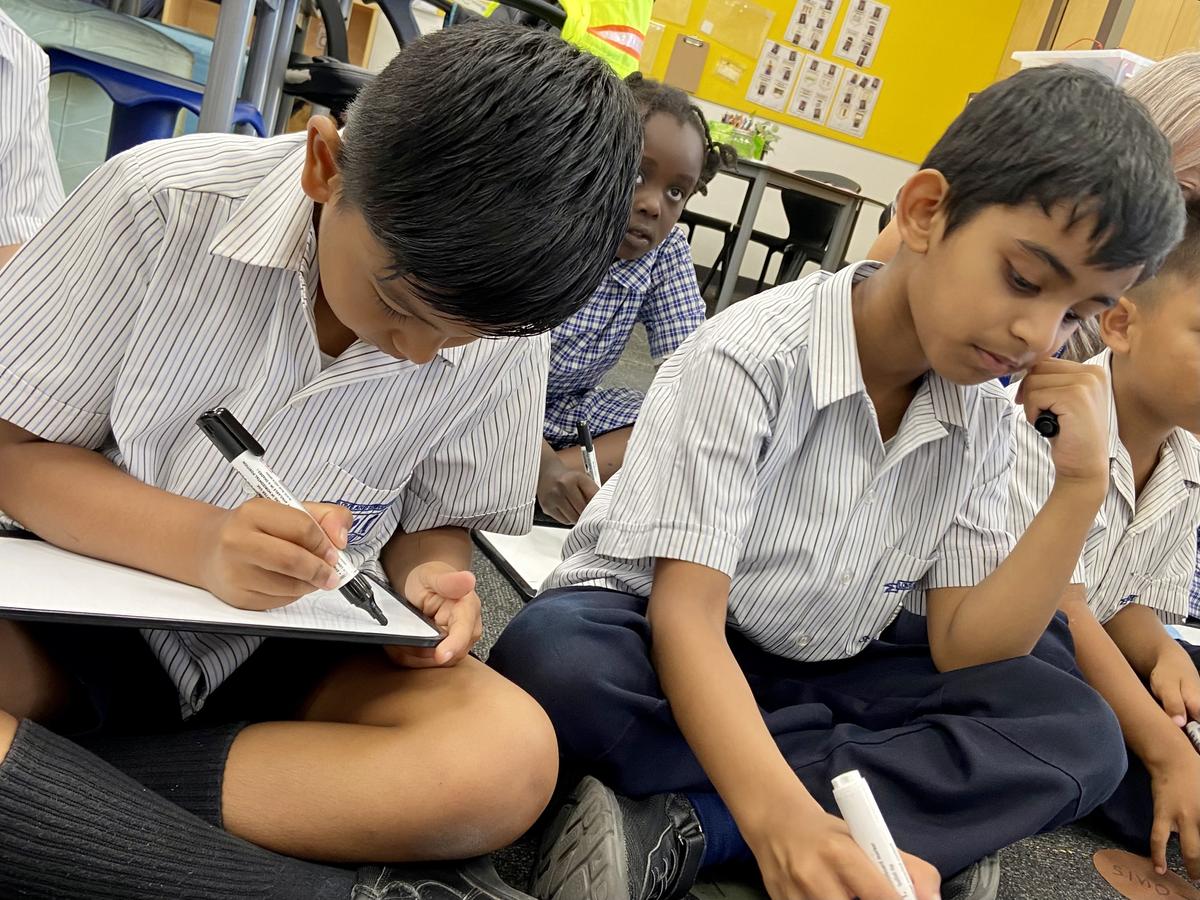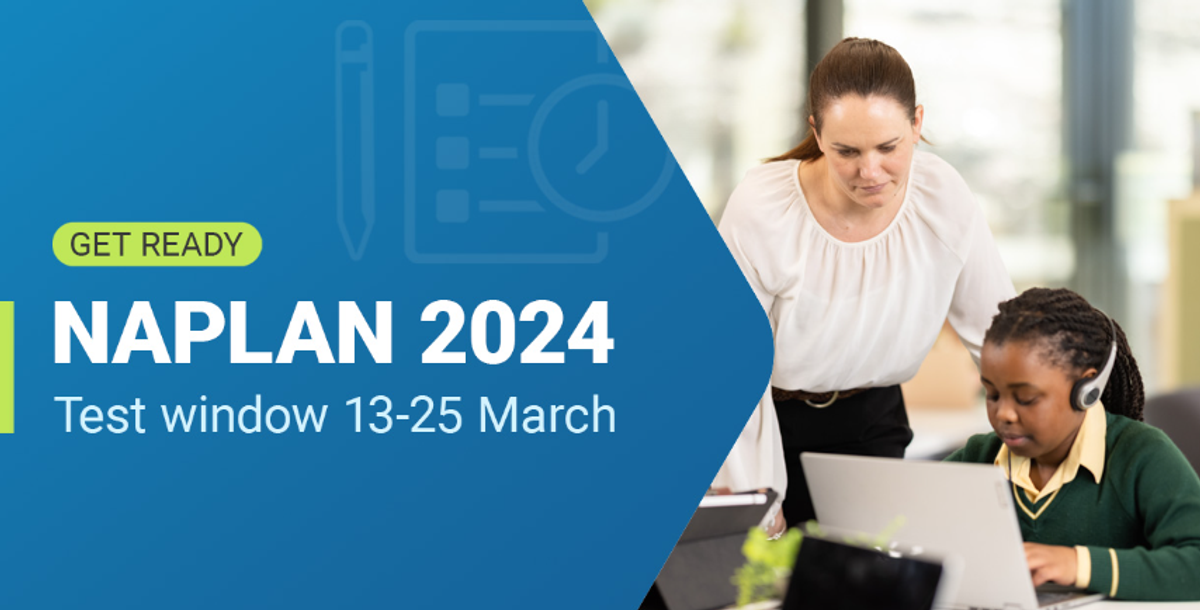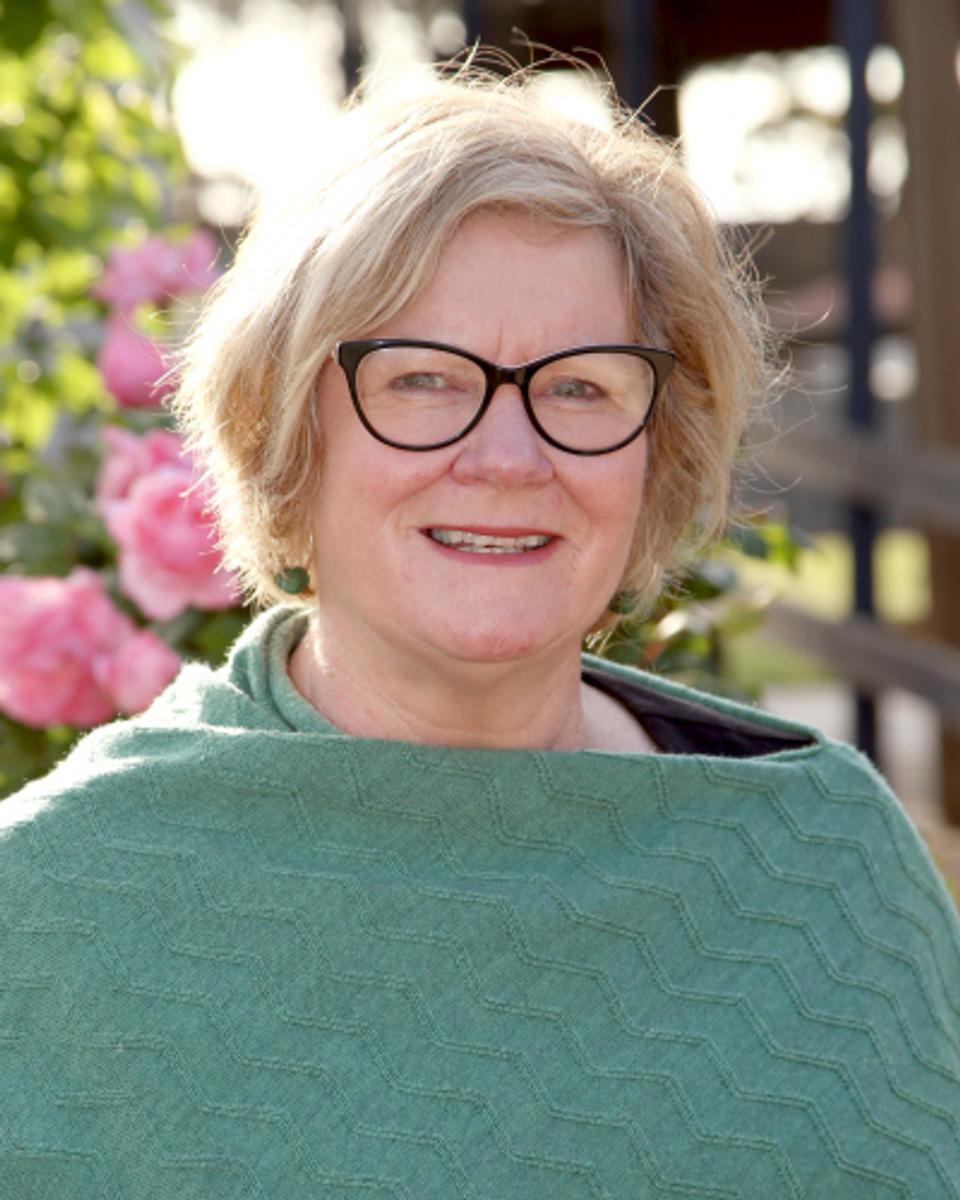Learning and Teaching News
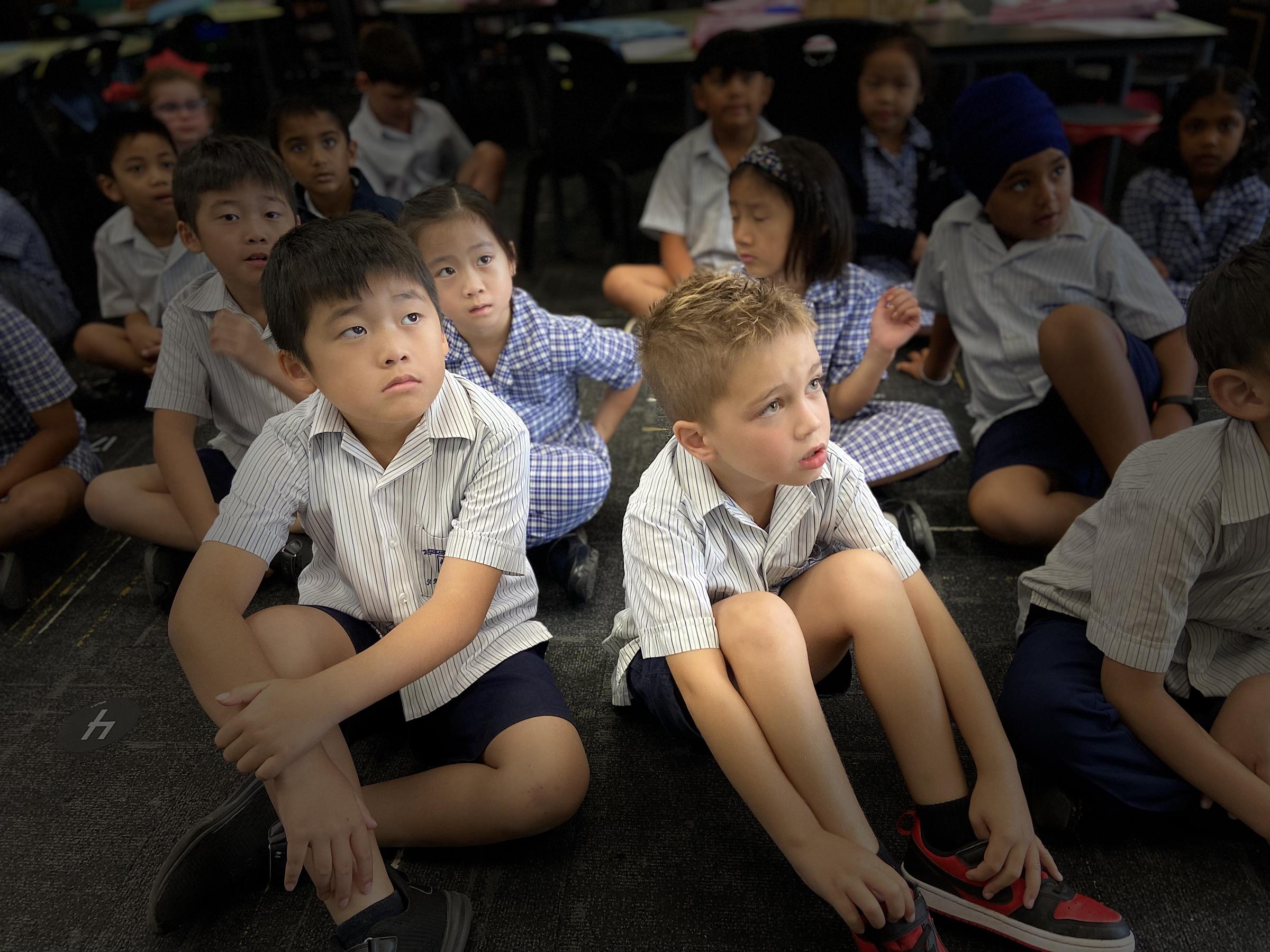
In a primary school, subjects other than English, Mathematics, Religious Education and those taught by specialist teachers (Performing and Visual Arts, Languages other than English - Japanese, Physical Education, Digital Technologies and Sustainability) are taught in a combined and interconnected way.
This makes the learning meaningful, purposeful and manageable. We call this Inquiry Learning.
Teachers design journeys of inquiry with and for learners that help them see connections across learning areas and between ‘school’ learning and the world beyond school.
They teach learners how to collaborate as they investigate problems, projects and passions.
Inquiry learning is a process and it is ultimately the skills and dispositions of the learner that are as important as the content.
Taking an inquiry approach to learning means you have to be a researcher, a thinker, a self-manager, a communicator and a collaborator.
Teachers plan an Inquiry for their students based on their knowledge of a broad curriculum so they can address as many Victorian Curriculum outcomes as relevant. Big concepts that drive Inquiry Units include the physical world, social responsibility, environmental sustainability, identity, creativity and wellbeing.
Every couple of weeks, on SeeSaw, class teachers provide an overview of learning for the following two or three weeks.
This is so you know the big ideas and key learnings and can support your child's learning and connect their in school learning with real world learning.
You are encouraged to share your own knowledge, help them to access relevant resources like experts, books and videos and discuss your experiences of the topic.
You might take them to places to build their knowledge of the topic and ask probing questions and draw their attention to relevant past experiences.
In Term One, all our students are experiencing learning in Inquiry Units that is based on the big concept of Social Responsibility.
Social responsibility is knowing we all have a responsibility to act in ways that contribute to a more just, equitable, and sustainable world. It's about understanding others and taking action.
Year Prep
What makes a successful and happy learning community?
An inquiry into who is in our community and what it takes to belong within a community. Students identify different types of relationships. They begin to identify and practise basic skills for including and working with others in groups. Everyone has a role and a responsibility in a community. They explore the people and services that keep us safe in our community.
Year One & Two
Me, You, We
How can I be a responsible citizen in my community?
An inquiry into the different roles we all play to keep our community safe. What can you, me and we do to be responsible citizens in our community?
Year Three & Four
Digging Deeper Than Dirt - Exploring the geographical DNA of our communities
An inquiry into our place in our own locality, Australia, the Asia Pacific region and the World.
Students will explore the geographical significant locations within Australia and compare them to neighbouring countries.
Year Five & Six
What does it mean to be an active citizen in a democracy?
An inquiry into what it means to be a citizen and how a democracy works including values, voting and having a voice.
NAPLAN
NAPLAN for Year 3 and 5 students will take place between Wednesday 13 March 2024 and Monday 25 March 2024. We will schedule the tests to best suit our school calendar over the time.
This link gives more specific information about NAPLAN for parents and carers of Year 3 and 5 students.
Parent/Carer information brochure
This testing regime provides a photograph of a student's performance on the day and although it has benefits for our knowledge of individual and school successes and challenges, it is but one measure of success.
It doesn’t tell us everything that makes each student who they are, that makes them amazing.
The Naplan tests do not assess all of what makes each person special and unique.
The following extract, first published in the Huffington Post and from a teacher’s perspective, is a great way to put this type of testing into perspective.
..”The people who create these tests and score them do not know each of you like I do, and certainly not the way your families do.
They do not know that some of you speak two languages, or that you love to sing or draw. They have not seen your natural talent for dancing. They do not know that your friends count on you to be there for them, that your laughter can brighten the darkest day, or that your face turns red when you feel shy. They do not know that you participate in sports, wonder about the future, or sometimes you help with your little brother or little sister after school. They do not know that you are kind, trustworthy, and thoughtful… and every day you try your very best.
The scores you will get from these tests will tell you something, but they will not tell you everything. These tests do not define you. There are many ways of being smart. YOU are smart! You are enough! You are the light that brightens my day and the reason I am happy to come to work each day. So, in the midst of all of these tests, remember that there is no way to “test” all of the amazing and awesome things that make you, YOU.
All I ask is that you do your personal best and do not give up. You have been working for this since Kindergarten and are ready! I believe in you!”
Please contact us if you have any questions about NAPLAN or teaching and learning at SMDP.
Denise Kelly
Co-Deputy Principal | Learning & Teaching Leader
Elise Coghlan
Co-Deputy Principal | Literacy & Numeracy Leader | Visible Learning Leader

